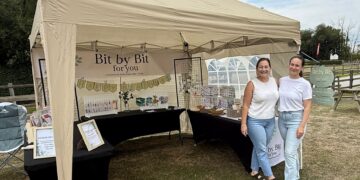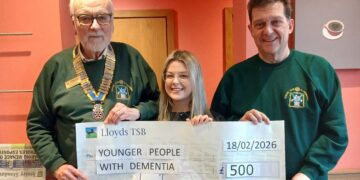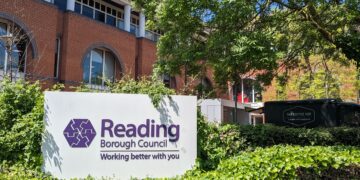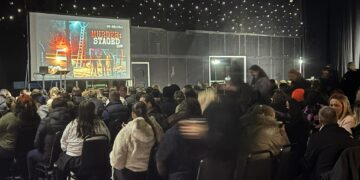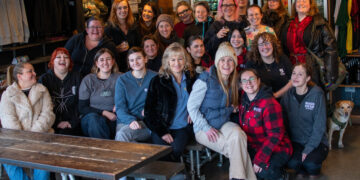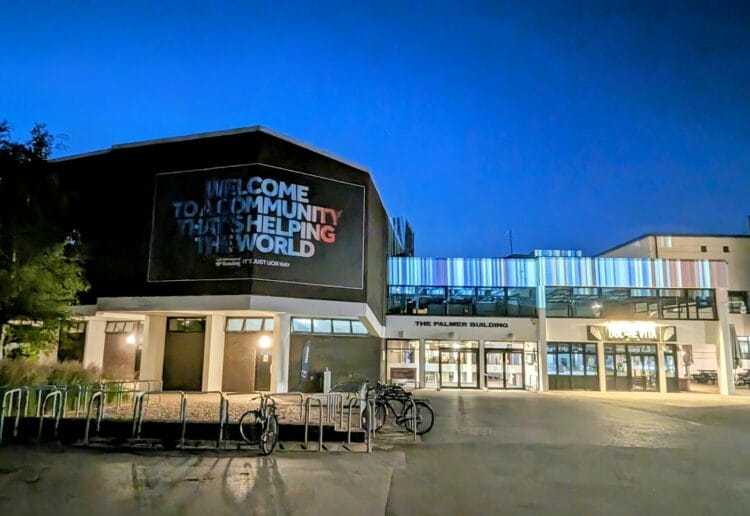By Robert Van de Noort
As I write, the world’s largest climate change conference, COP28, is taking place in the United Arab Emirates.
It brings together representatives from around the globe to consider and agree on different measures and policies to address our planet’s biggest challenge.
This year, as in previous years, representatives of the University of Reading will be there showcasing our world-leading climate research and helping to encourage urgent action to be taken, following a year of record global temperatures.
Led by colleagues from the Walker Institute, which carries out global research to advance understanding of future climate, its impacts, and consequences on people’s lives, our small on-site delegation will participate in research activities, host climate events and provide expert advice to policymakers from around the world.
The team of delegates, who will be joined by dozens of other University of Reading delegates attending COP28 virtually, will present research on climate adaptation, achieving net zero, transport and climate education.
I am proud to be a virtual delegate myself, and will be attending events online. I will also be supporting the Walker Institute’s COP Climate Action Studio, which brings key storylines from COP and shares them with researchers and policymakers worldwide.
It is important to participate in these events and work collectively as a global community. It is also important that we look at how we as organisations and individuals can play our part.
As an institution, we have been bold about our ambitions. We want to be considered the greenest university, and we are making great strides towards that. For example, we have achieved a 61% reduction in carbon emissions compared to 2008, well ahead of our target and on track to meet our target to become a Net Zero Carbon University by 2030.
We can’t do this without individuals playing their part. Encouraged through our recent Green Festival, we have reduced single-use plastic on campus. And diners now have more environmentally friendly menus across our campus canteens and diners.
But primarily, we are a university – what we do best is research and learning. We want to share the knowledge and expertise that we have here at the University.
That means working with Reading and Wokingham borough councils, helping to shape their climate emergency strategies, and playing a leading role in the Reading Climate Action Network. You may have seen Professor Ed Hawkins’ famous climate stripes on Reading Buses, and on last season’s Reading FC football kit. Sharing the data helps to start conversations about the climate.
We have done a lot, but starting a conversation is not enough. Now comes the difficult bit – reducing our emissions to zero. We also have to help communities worldwide to adapt to the climate extremes and problems that we’ve already created.
We can only tackle these problems by working together.
I am proud that the communities of Wokingham and Reading are collaborating to raise awareness, and ultimately bring about action and positive change in the face of climate change.
Professor Robert Van de Noort is the vice-chancellor of the University of Reading


